One thing separated the left wing students who demonstrated on the streets of West Berlin and Frankfurt in 1968 from their counterparts elsewhere around the world. The young Germans who became known as the 1968 generation or the Achtundsechziger had grown up knowing that their parents were responsible for Nazism and in particular for the Holocaust.
Germany’s 1968 generation did not merely dream of a better world as some of their revolutionary contemporaries in other countries did; they felt compelled to act to save Germany from itself. It was an all-or-nothing choice: Utopia or Auschwitz.
However, although many in the West German student movement imagined their struggle against capitalism as a kind of ex post facto resistance against Nazism, they also had a tendency to relativise the Holocaust. Others, meanwhile, wanted to draw a line under the Nazi past.
In fact, despite the anti fascist rhetoric of the Achtundsechziger, there were also nationalist and anti Semitic currents in the West German New Left that grew out of the student movement. In short, the 1968 generation had a deeply ambivalent relationship with the Nazi past.
Utopia or Auschwitz explores these contradictory currents as it traces the political journey of Germany’s 1968 generation, via the left-wing terrorism of the seventies and the Social Democrats and Greens in the eighties, to political power in the nineties in the form of the first ever red green government in Germany.
It examines the red green government’s foreign policy, in particular its response to the Kosovo, Afghanistan and Iraq crises, which reflected the 1968 generation’s ambivalent relationship with the Nazi past.


![Untangling the Double Helix: DNA Entanglement and the Action of the DNA Topoisomerases - First Edition [Paperback]](https://booksandbook.com/wp-content/uploads/2023/11/Untangling-the-Double-Helix-DNA-Entanglement-and-the-Action-of-the-DNA-Topoisomerases-First-Edition-Paperback-600x600.png)
![Walkable Cities in High Density China: Livable, Healthy and Sustainable [Paperback]](https://booksandbook.com/wp-content/uploads/2023/11/Walkable-Cities-in-High-Density-China-Livable-Healthy-and-Sustainable-Paperback-600x600.png)


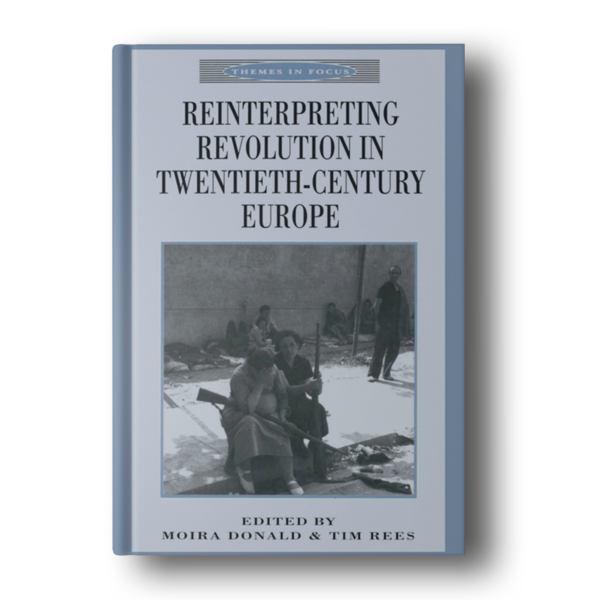
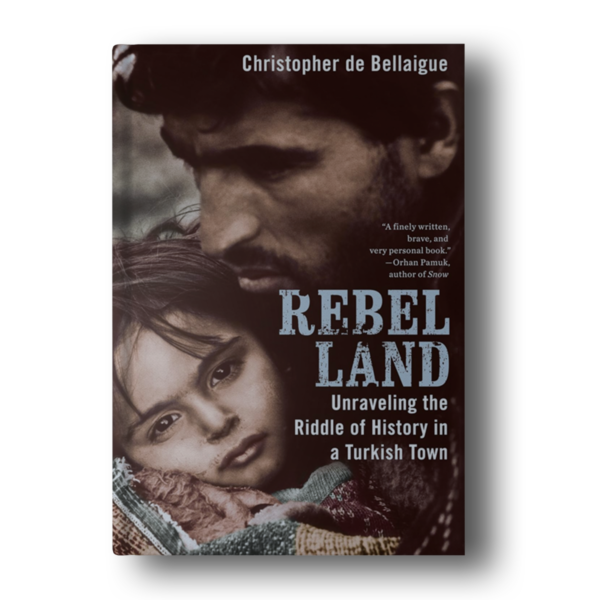

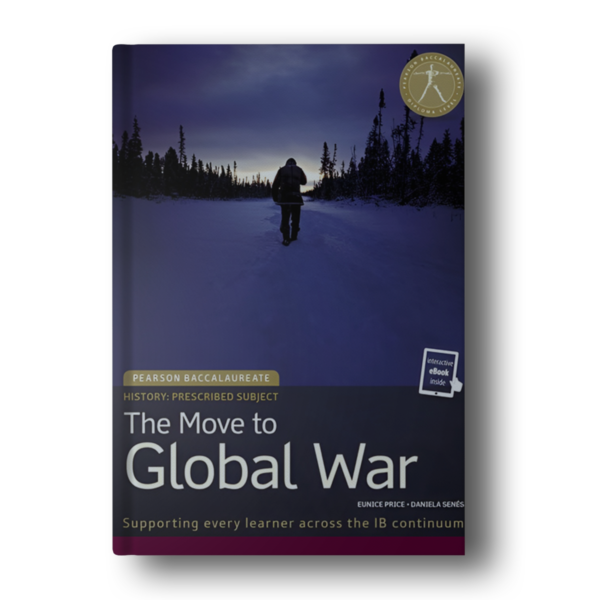

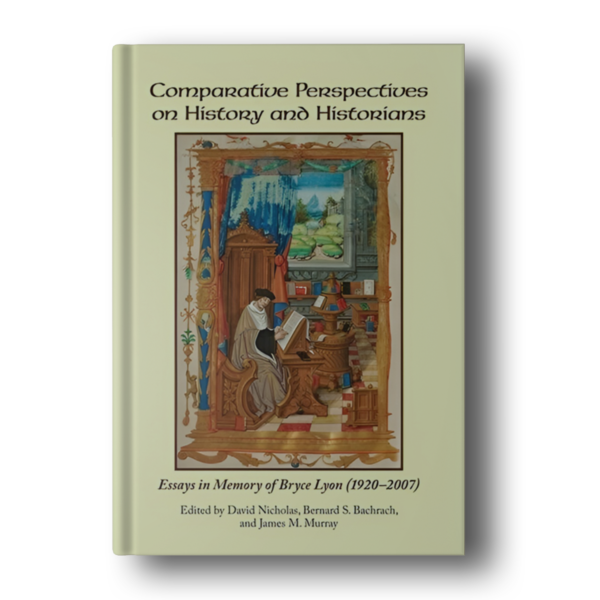
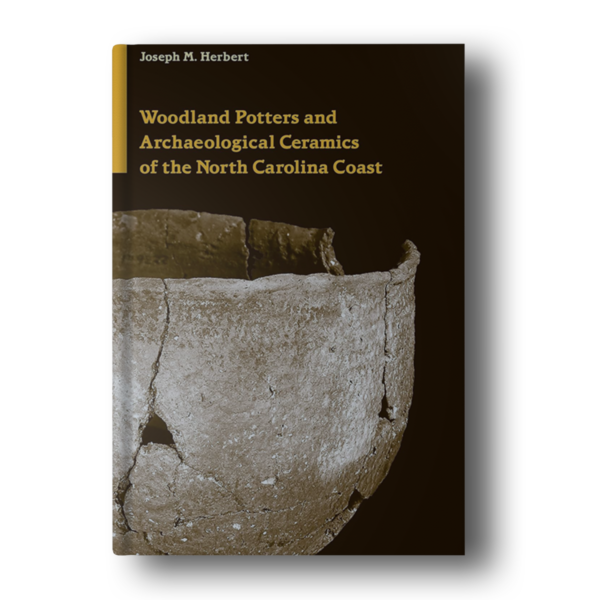

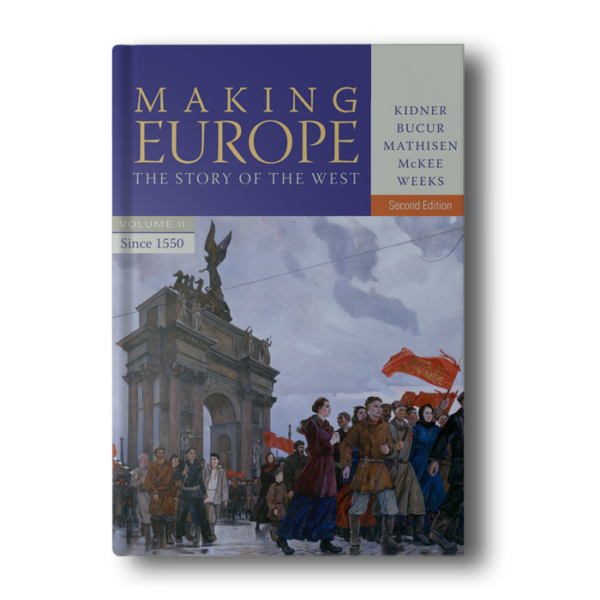
Reviews
There are no reviews yet.